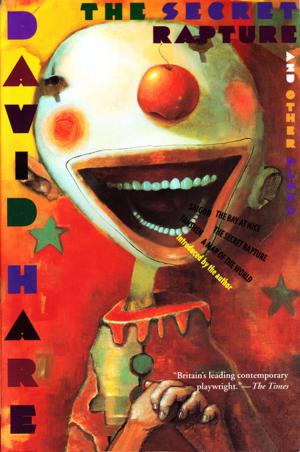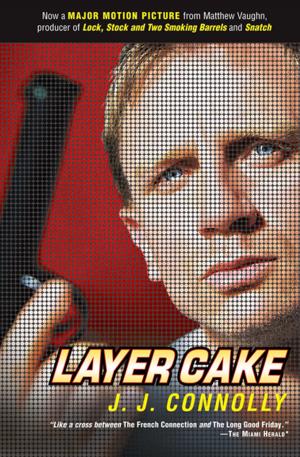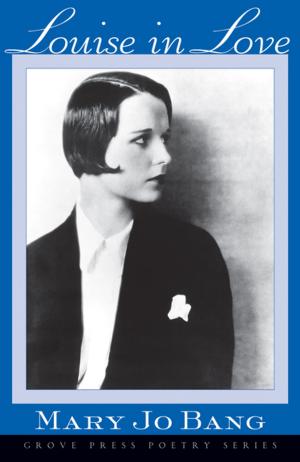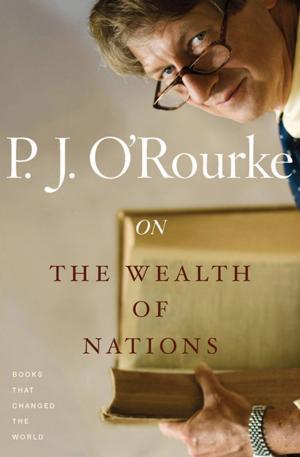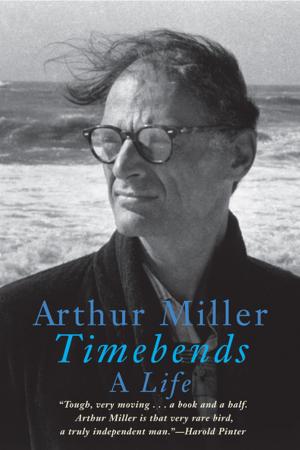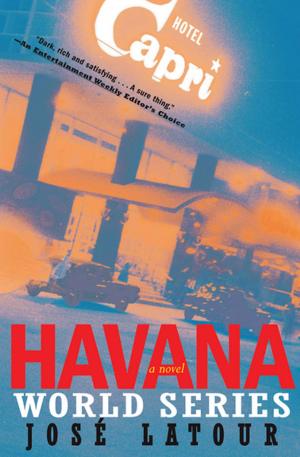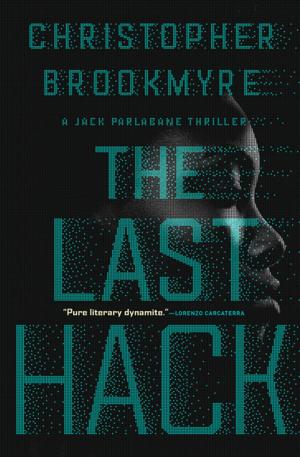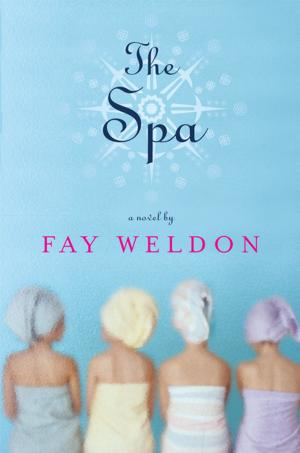| Author: | Bradford Morrow | ISBN: | 9780802189233 |
| Publisher: | Grove Atlantic | Publication: | October 3, 2017 |
| Imprint: | Atlantic Monthly Press | Language: | English |
| Author: | Bradford Morrow |
| ISBN: | 9780802189233 |
| Publisher: | Grove Atlantic |
| Publication: | October 3, 2017 |
| Imprint: | Atlantic Monthly Press |
| Language: | English |
An Indie Next pick for October 2017, a Buzz Books pick for fall/winter, and chosen as one of 7 titles featured in the Publishers Lunch October Buzz Books Monthly. It was also selected for Vanity Fair's "Hot Type." Surrounding pub, Bradford Morrow has published original pieces in the Literary Hub, Electric Literature, and the Paris Review online.
The Prague Sonata is Bradford Morrow's masterwork, a book he has spent over a dozen years researching and writing and for which he received a Guggenheim Fellowship. Positioned on the border between literary and commercial fiction, this is an epic story of classical music and war, of inheritance and discovery, of brutal academic competition and unexpected romance.
Morrow is recognized as a significant literary voice and critics will pay attention to this novel. He was awarded the Academy Award in Fiction from the American Academy of Arts and Letters and has won O. Henry and Pushcart prizes for his short fiction. His novel Trinity Fields was a Los Angeles Times Book Award finalist, and The Almanac Branch was a finalist for the PEN/Faulkner Award.
The Mysterious Press published Morrow's last novel, The Forgers, one of the most lauded mysteries of 2014. It was an Amazon Top 100 book of the year, a Publishers Weekly best book of the year, an Indie Next pick, and a LibraryReads selection. We had solid sales for the book and hope to build on them for this much bigger novel.
In the vein of Shadow of the Wind, The Prague Sonata revolves around an enigmatic work and its unknown author, fueling a quest that opens up onto a larger history.
Music has always been a part of Morrow's life, and the passages about the music at the center of the novel are some of its most tenderly written. Morrow grew up in a musical household, trained as a classical pianist and jazz guitarist, and maintains one foot in the music world (working currently on a collaboration with guitarist Alex Skolnick).
For this novel he has deeply researched eighteenth-century piano music (including research trips to the British Library and Prague's Lobkowicz Palace) and the academicians who study it. Leading classical music expert Jonathan Del Mar has read and was impressed by the novel, calling it "a cracking good read!"
As in The Forgers, a strong element of suspense helps fuel the plot, which involves the double mystery of the identity of the sonata's composer (it turns out to be the lost work of a master) and the whereabouts of its other two movements, as well as a lauded Czech musicologist with possibly nefarious intentions.
Morrow is the PEN/Nora Magid Award-winning editor of the literary magazine Conjunctions (based at Bard College, where he teaches literature and is a Bard Center Fellow). Before becoming a full-time writer, professor, and editor, he was an antiquarian book dealer based in California—giving him a unique angle on the rare manuscript at the heart of The Prague Sonata.
An Indie Next pick for October 2017, a Buzz Books pick for fall/winter, and chosen as one of 7 titles featured in the Publishers Lunch October Buzz Books Monthly. It was also selected for Vanity Fair's "Hot Type." Surrounding pub, Bradford Morrow has published original pieces in the Literary Hub, Electric Literature, and the Paris Review online.
The Prague Sonata is Bradford Morrow's masterwork, a book he has spent over a dozen years researching and writing and for which he received a Guggenheim Fellowship. Positioned on the border between literary and commercial fiction, this is an epic story of classical music and war, of inheritance and discovery, of brutal academic competition and unexpected romance.
Morrow is recognized as a significant literary voice and critics will pay attention to this novel. He was awarded the Academy Award in Fiction from the American Academy of Arts and Letters and has won O. Henry and Pushcart prizes for his short fiction. His novel Trinity Fields was a Los Angeles Times Book Award finalist, and The Almanac Branch was a finalist for the PEN/Faulkner Award.
The Mysterious Press published Morrow's last novel, The Forgers, one of the most lauded mysteries of 2014. It was an Amazon Top 100 book of the year, a Publishers Weekly best book of the year, an Indie Next pick, and a LibraryReads selection. We had solid sales for the book and hope to build on them for this much bigger novel.
In the vein of Shadow of the Wind, The Prague Sonata revolves around an enigmatic work and its unknown author, fueling a quest that opens up onto a larger history.
Music has always been a part of Morrow's life, and the passages about the music at the center of the novel are some of its most tenderly written. Morrow grew up in a musical household, trained as a classical pianist and jazz guitarist, and maintains one foot in the music world (working currently on a collaboration with guitarist Alex Skolnick).
For this novel he has deeply researched eighteenth-century piano music (including research trips to the British Library and Prague's Lobkowicz Palace) and the academicians who study it. Leading classical music expert Jonathan Del Mar has read and was impressed by the novel, calling it "a cracking good read!"
As in The Forgers, a strong element of suspense helps fuel the plot, which involves the double mystery of the identity of the sonata's composer (it turns out to be the lost work of a master) and the whereabouts of its other two movements, as well as a lauded Czech musicologist with possibly nefarious intentions.
Morrow is the PEN/Nora Magid Award-winning editor of the literary magazine Conjunctions (based at Bard College, where he teaches literature and is a Bard Center Fellow). Before becoming a full-time writer, professor, and editor, he was an antiquarian book dealer based in California—giving him a unique angle on the rare manuscript at the heart of The Prague Sonata.

